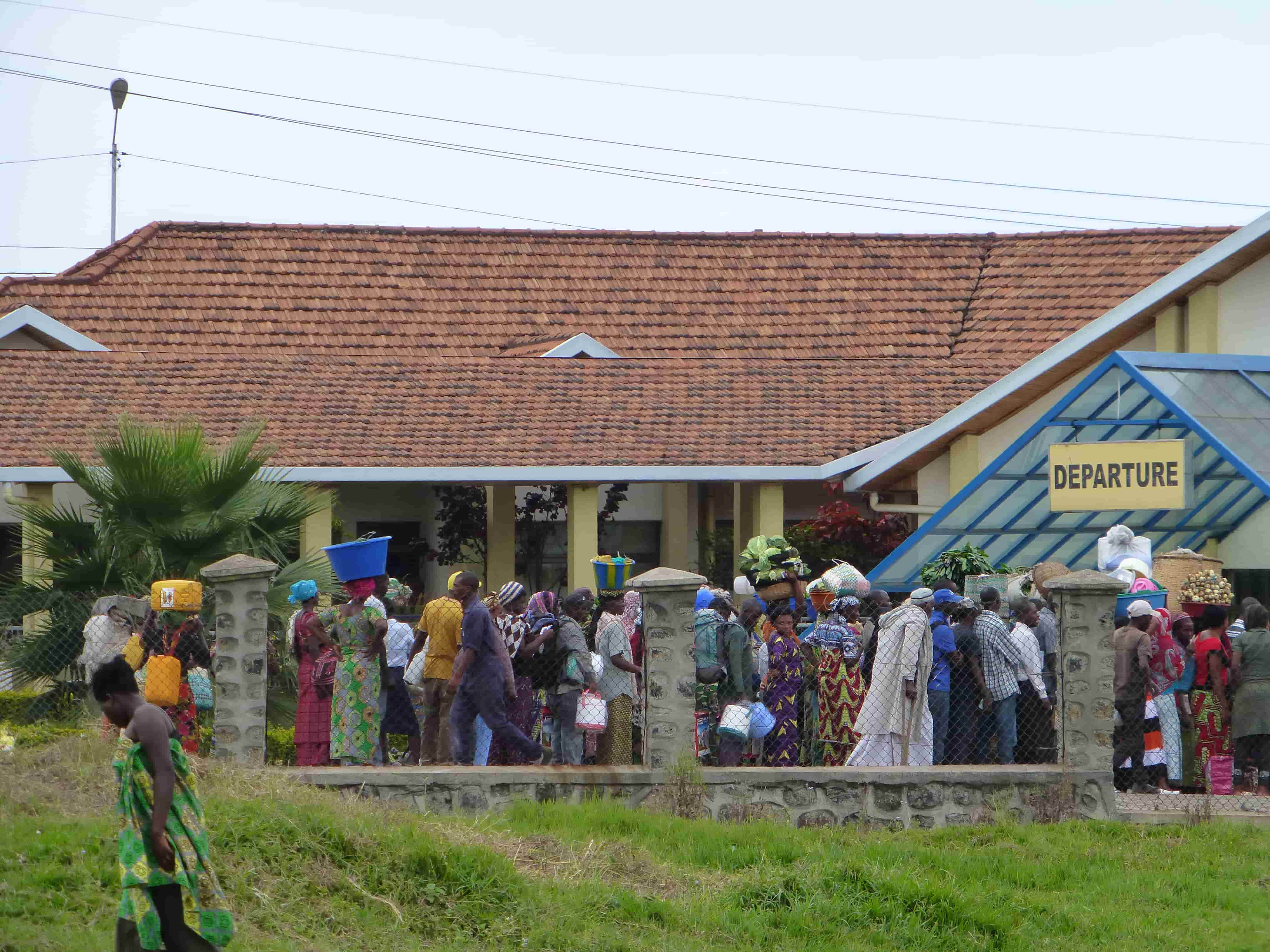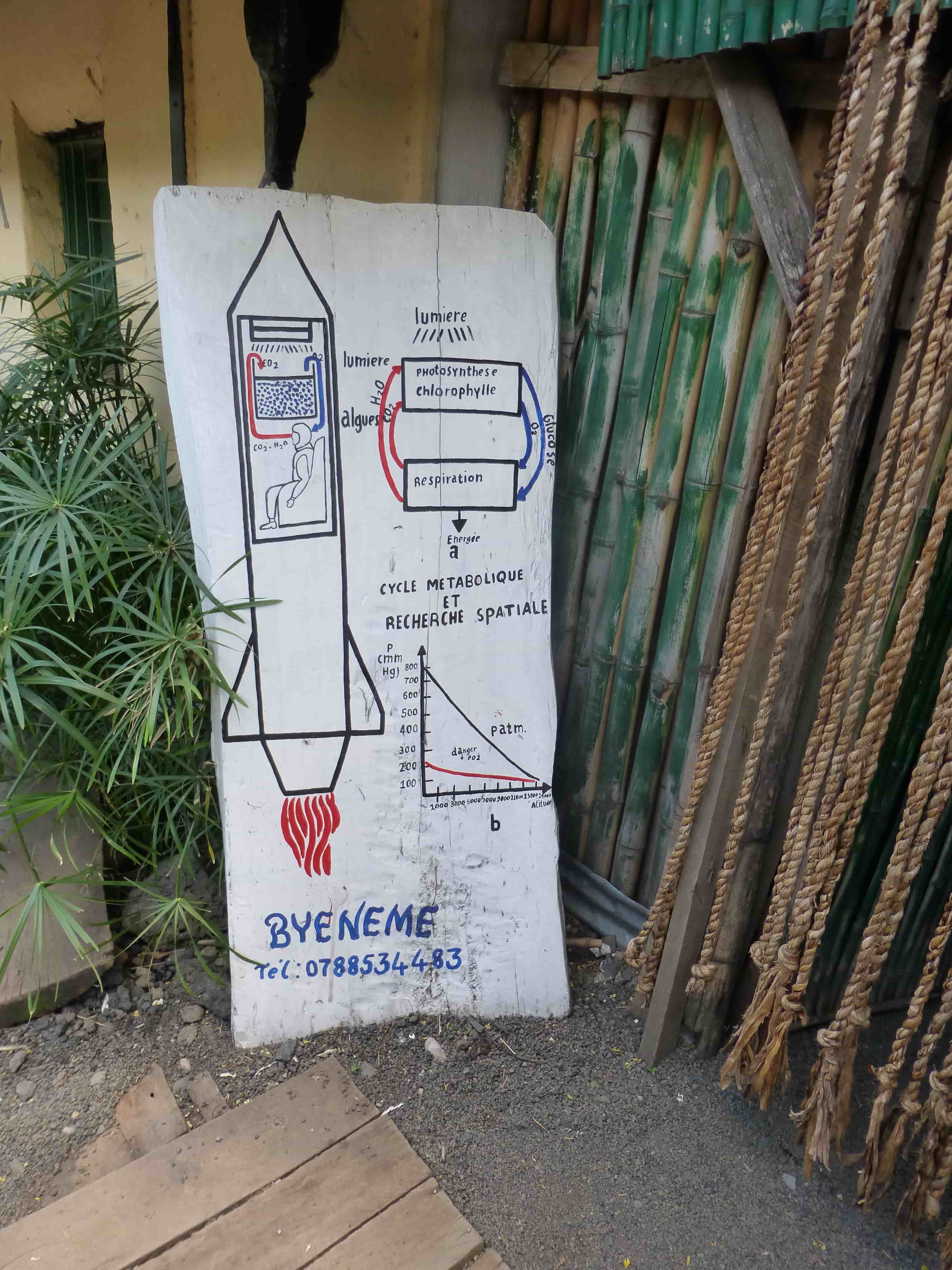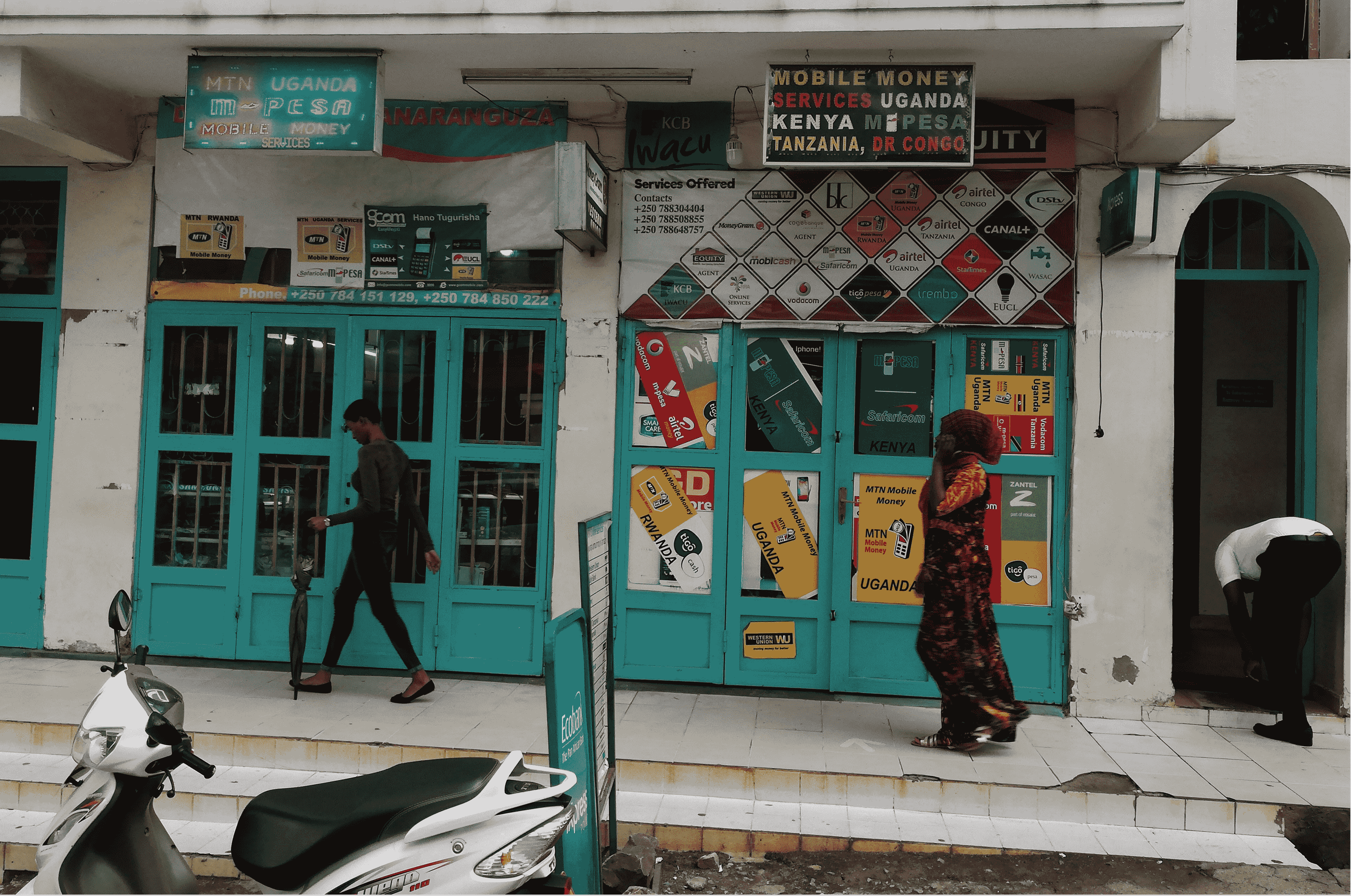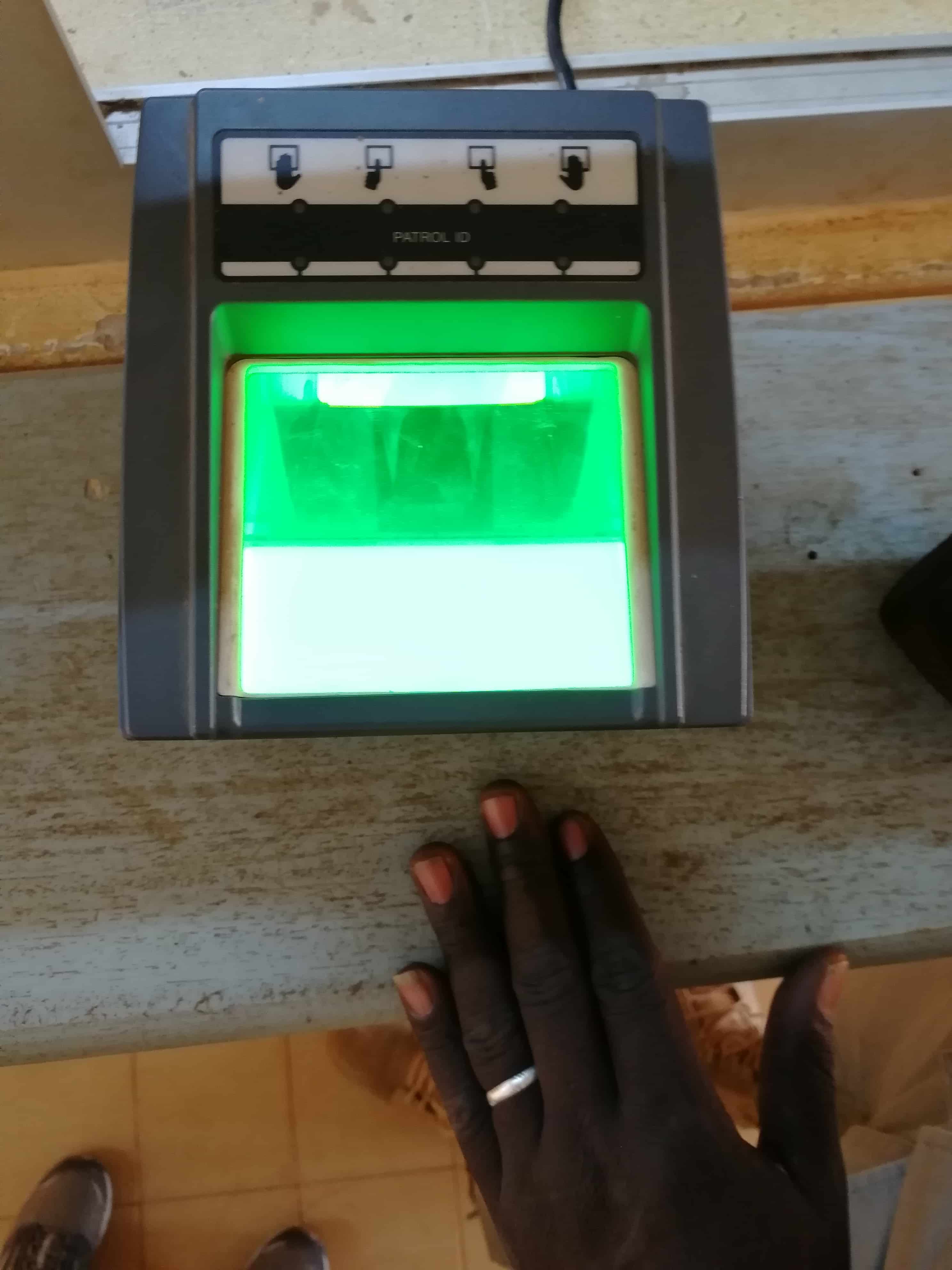Mobilities
Principal Investigators:
- Prof. Dr. Uli Beisel, Anthropology
- Prof. Dr. Martin Doevenspeck, Political Geography (Spokesperson of the Research Section “Mobilities”)
- Prof. Dr. Joël Glasman, African History
- Prof. Dr. Cyrus Samimi, Climatology
Members:
- Dr. Grace Akese, Geography
- Prof. Dr. Franca Chitoh Attoh, Sociology
- Prof. Dr. Andrea Behrends
- Dr. Kamal Donko
- Prof. Dr. James Gambiza, Environmental Economics
- Prof. Dr. Steven Higgins, Planet Ecology
- Prof. Dr. Jana Hönke, Sociology of Africa
- Dr. Quirui Li, Geography
- Dr. Paddy Kinyera, Geography
- Dr. Kai Koddenbrock, Political Economics
- Prof. Dr. Taibat O. Lawanson, Urban Planning
- Dr. Jochen Lingelbach, History
- Prof. Dr. Nadine Machikou, Political Science
- Dr. Ben Mkalama, Economy
- Prof. Dr. Patrice K. Mwepu, French Studies
- Dr. Nelson Odume, Water Research
- Dr. Serge Ouédraogo, History
- Prof. Dr. Stefan Ouma, Economic Geography
- Dr. Moses Yakubu, History
- Prof. Dr. Lassané Yaméogo, Geography
- Dr. Luqman Ayodele Yusuff, African and Diaspora Studies
Ongoing research projects:
- Planned obsolescence, circular economies and ecologies of electronic devices in transdisciplinary perspective - Beisel
- Oil movements: the production and government of petro-(im)mobilities in East Africa - Doevenspeck
- Africa in the global history of refugee camps (1940s to 1950s) - Glasman, Lingelbach
- Uhamaji wa wanyerwanda: migration and conflict in Ituri, DR Congo - Doevenspeck, Morisho, Tegere
- Migration control, forced immobility and violent mobilization in the border triangle of Burkina Faso, Benin and Niger - Beisel, Doevenspeck, Donko, Imorou, Traoré
- Mobilities and Socialities: Covid-19 in the Drylands of Africa and Beyond - Behrends, Samimi, Kronenburg, Roque de Pinho
- Intra-Africa Migration and Xenophobia: The Imperatives for African Integration - Attoh, Eesuola, Yusuff - Lagos University
- Mobile Capital and (Im)Mobile Entrepreneurs: Start-up Success, Institutional Context and the “Laws of Start-up Money” in Silicon Savannah - Ndemo, Ouma, Mkalama
- Socio-ecological drivers of movements into and out of African Woodlands - Samimi, Higgins
- Humanities for Humanitarians. An Experiment in the Public Implications of Multiple Ontology - Glasman
- Framing Identities from Human Agency Mobility on the Kenya-Uganda Highway - Egesah
- African Urban Complexities and the Governance Challenges of Urban Rivers - Odume
- The Political Economy of Monetary and Financial Dependency: West African Policy Space Compared - Koddenbrock
- Invisible Intellectuals? “Endangered Scholars” and the Question of African Academic Mobilities - Machikou
- Migration Control, Violence and COVID-19 - Ouédraogo
- Ethics and Legitimacies in Modification of Moving Material Cultures in North Rift, Kenya - Karethi
- Mobilities and Flows across West African Urban Corridors - Lawanson, Eleshin
- Municipal Road Construction in Kenya and Nigeria: Investigating the Politics of Infrastructure Development - Yakubu, Egesah
Podcasts:
Sprint Lectures on African Mobilities
On the go: A 20-minute talk and 20-minute debate on planetary mobility struggles.
To find all the episodes, please click here.
Activities:
- 31.03.20 - 01.04.2020: Reconfiguring Mobility Struggles – reflections on a workshop that was not
While mobility has increased dramatically around the globe over the last decades, a focus on the Global South and Africa in particular reveals selective and ambiguous mobilities. This RS empirically and conceptually interrogates these complex patterns of (im)mobility: the movements and blockages of people, things and ideas, within, towards and outwards from Africa. (Im)mobilities in Africa and its diasporas are closely tied to multiplicity: (im)mobilities can occur simultaneously at various locations, and in complex ways; they may affect, clash with, or contradict each other beyond the standard perspectives of South-North movements of raw resources and refugees out of Africa, and developmental ideas arriving onto the continent. This RS offers a grasp on multiplicity by focusing on various forms of (im)mobilities. It foregrounds the contingent relations established by and between multiple movements of people, things, and ideas on the African continent and beyond. The angles of temporalities and spatialities take centre stage in the analytical approach. The empirical focus is on who and what moves where, when, how and why, namely on the reasons for movement or stasis, and on their attendant socio-political, socio-economic and socioecological formations. Three lines of investigation provide a broad empirical perspective on current and past mobilities, towards, from and within Africa:
- the (im)mobility of people;
- the (im)mobility of things;
- the (im)mobility of ideas.
Of great relevance for this RS are the theoretical advances of “Mobilities Studies” that show how the interconnections of a variety of mobility practices constitute relations, and how mobilities in turn are constituted by these relations. The bulk of the empirical research that has taken such a relational approach has happened in the Global North. As a result, such studies have rarely considered, for example, the colonial and neoliberal forms of power with which many forms of mobility are imbued, perpetuating global inequalities. Work in this RS focuses on multidirectional movement to destabilise universalised notions of mobility and stasis built on Western understandings of mobilities and to bring the conceptual innovations of “Mobilities Studies” thus far into closer conversation with African scholarship.
Objectives
Research in this section develops new transdisciplinary research questions and conceptual and methodological approaches to mobilities. This RS questions the drivers of differential mobilities, dwelling and place-making practices; the environmental impacts associated with, for example, physical transport; multiple concepts of resource and environmental manage-ment and perceptions of climate and ecological events. We investigate how mobilities are tracked, ordered and governed in the context of, e.g., migration control, or biometric citizen-ship. We understand mobilities as molded to fit the different historical contexts in and with which they emerge, and organised through specific constellations of uneven movements.
Work Programme
This RS focuses on three lines of investigation to carve out the relationship between mobilities and immobilities, in Africa and beyond: (a) the (im)mobility of people; (b) the (im)mobility of things; and (c) the (im)mobility of ideas. These lines of investigation enable a broad empirical perspective on current and past mobilities, towards, from and within Africa. We propose to explore a specific dimension of multiplicity: namely, the spatial and temporal aspects of (im)mobilities on various scales.
(Im)mobility of people: the RS addresses various modes, practices and experiences of (im)mobility, within, from and towards Africa. Our studies of mobile and immobile subjects, embodied experiences of movement and stasis are aimed to reveal the politics of multiple and uneven practices and spaces of mobility by analysing movements, places, policies, programmes, effects, myths, and discourses of migration, as well as obstacles and coercive measures relative to it. We invite studies on how social practices are embedded in changing mobility patterns in the North are reshaping land use in Africa (e.g. copper and lithium mining for e-mobility); on internal and international migration from, within and to Africa; on representations of migration, flight, refugee camps and other spaces and places of (im)mobility and migration control; and on the technologisation of border management.
(Im)mobility of things and technologies: subprojects on mobile (bio)materials, technical devices, and goods are invited to analyse the material-semiotic changes mobile objects undergo, and the socio-economic and infrastructural conditions they engender, whether deliberately so, or as a side-effect of globalised markets: the conditions of labour, health hazards for bodies, soils and souls, and their attendant social formations. We welcome interdisciplinary studies on the materialities of mobilities, their socio-material, economic and environmental costs and benefits. Topics may include: resource extraction and flows; the translation of new energy technologies; human / nonhuman entanglements, and invasive species; the expansion of virtual financial and informatic flows; biometric citizenship; the trade in biomaterials such as timber, ivory or organs; and changes in environmental or climatic conditions, their consequences and mitigation technologies.
(Im)mobility of ideas: This line is explicitly focused on the power of concepts, models and narrations of and in mobilities. We study how travelling concepts and narrations change the contexts in which they are introduced, as well as how concepts and narrations them-selves change as they move from one context to another. We investigate the interactions and co-constitution of concepts and contexts. This includes travelling ideas or concepts of nature conservation and climate change adaptation. Topics of interest include the mobility of indicators such as the United Nations’ “Sustainable Development Goals”; the mobilities of tropes and narrations in the arts; and the mobilities of statistics, data and algorithms, such as in international finance or insurance practices, or in relation to population control.





